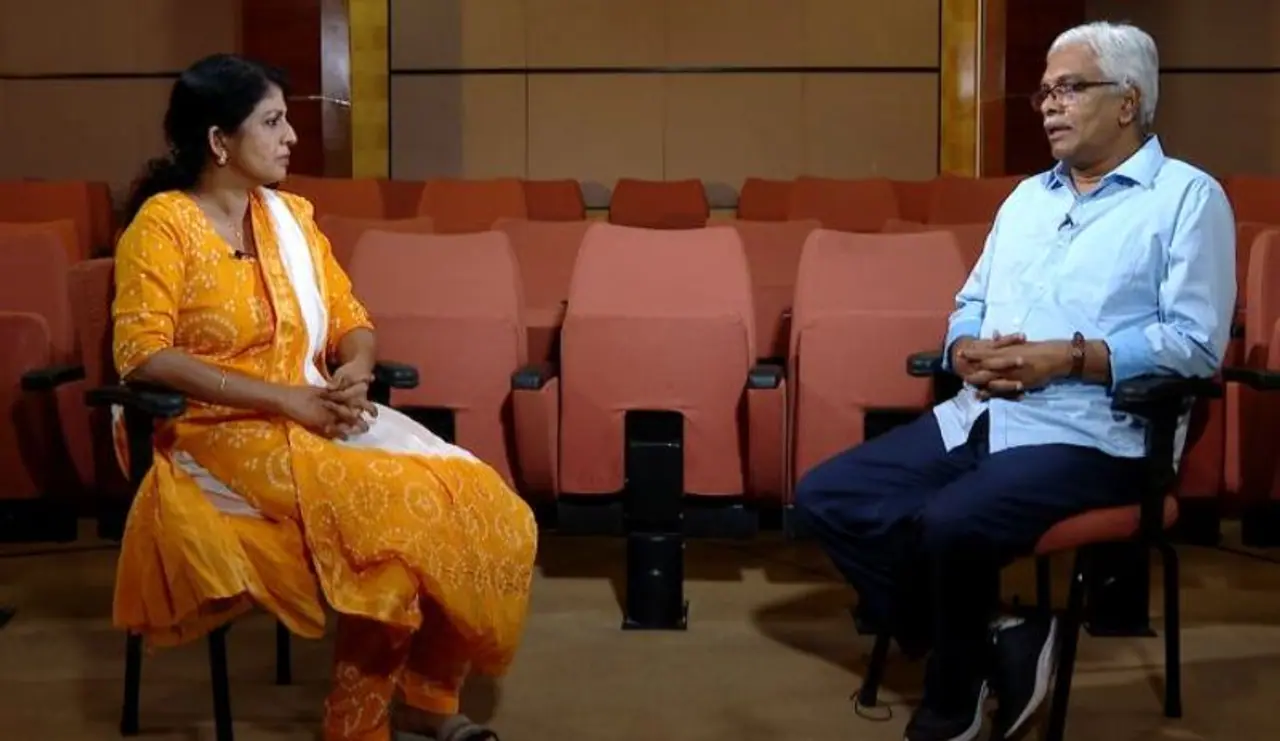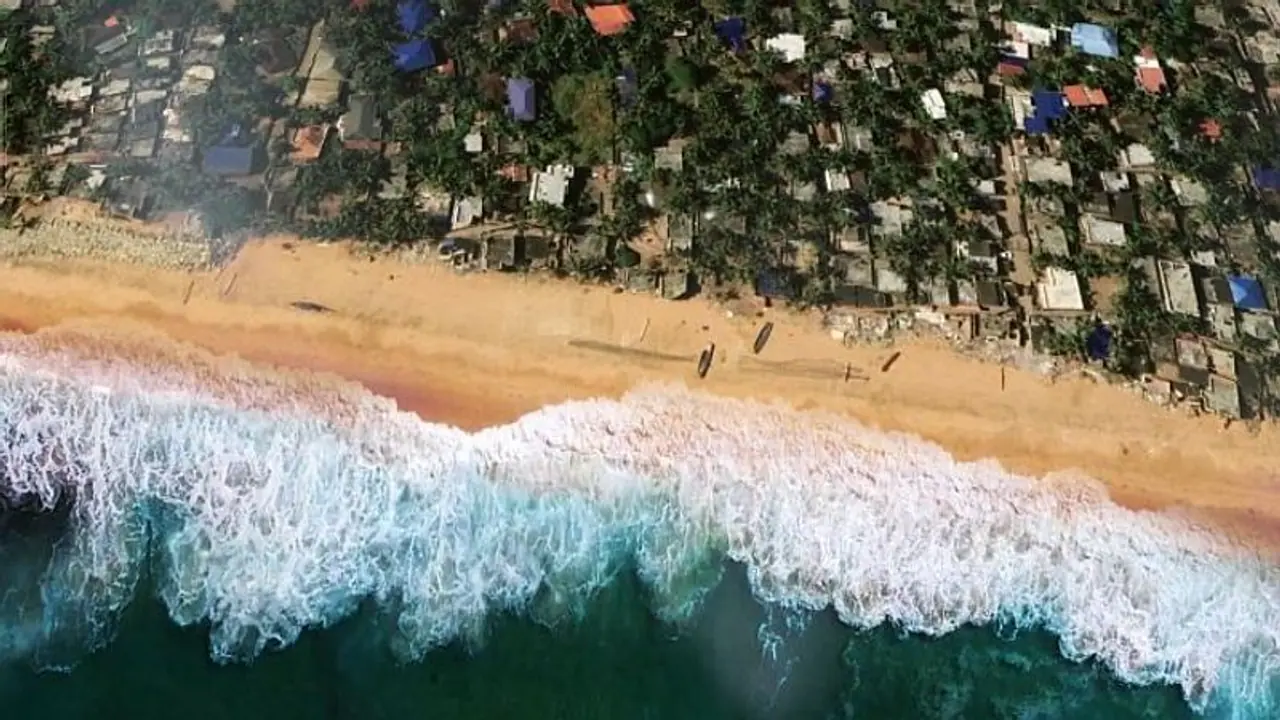"Weather prediction is never 100 per cent accurate. Some forecasts can go wrong, but the advantages of believing the forecast are much more than not believing," Climate Scientist Dr Madhavan Nair Rajeevan said during the Asianet News 'Dialogue'.
Awareness about climate change is not very good in India; it may be improving, but it is insufficient, Climate Scientist Dr Madhavan Nair Rajeevan said during the Asianet News 'Dialogue'.

The former secretary in the earth sciences ministry said people need to first believe the forecast. "In earlier days, when weather forecast said it is going to rain, people would say, 'no, no, don't take the umbrella, it is not going to rain'. But that is an old joke now. Things have changed a lot. In India, things have changed in the last decade. We have perfect science. Weather prediction is never 100 per cent accurate. Some forecasts can go wrong, but the advantages of believing the forecast are much more than not believing," he said.
Watch the full interview below or read on...
He blamed global warming for the country getting a huge amount of rain in a short period. "Cloudburst is nothing but very heavy precipitation from the clouds. Earlier, the frequency of cloudbursts was not as much. Today, the frequency is increasing. Earlier, we used to have 50 mm of rain in five hours, but now 50 mm comes in one hour. That is mainly the effect of climate change," he said.
"Sea level is on the rise everywhere because of global warming. Many states in India are being affected by this. The Indian coastline is about 7800 kilometres -- 34 per cent of India's coastline is subject to sea level rise. That means the sea is coming in, and beaches are being removed. One example is Puducherry. They had a beautiful beach. It was slowly going, and one fine morning the whole beach disappeared. So mainly of sea erosion... the frequent landfall by tropical cyclones may also cause it, but the sea level rise is a major threat," he said.
Also Read: Uttarkashi avalanche: 'If we had few seconds to think, we could have saved more lives...'
When asked how concerned Kerala should be as far as the sea-level rise is concerned, Dr Rajeevan said: "In Kerala, I was told that almost 35-40 per cent of Kerala's coast had been affected by sea erosion. Kerala is a thickly populated state. So when there is sea erosion, it takes out people's homes and livelihood. Sea water coming in is not good for agriculture either. So Kerala should be very concerned about sea level rise."
Asked about the increased cyclone activity in the Arabian Sea, Dr Rajeevan said: "In the last 8-10 years, all oceans are warming up. Unfortunately, the Indian Ocean is warming at a faster rate than any other ocean. So Arabian Sea warming is causing frequent cyclones; the frequency has substantially increased, and that can cause damage to the western coast and increase sea erosion."

As for what can be done to mitigate the vulnerability along the Indian coastal areas, the weather expert said: "All countries need to cut down their consumption of fossil fuels. That they have to do. One country alone cannot it. We (India) are already moving to green energy like solar and wind. We are doing our best, but that's not sufficient. The other way is adaptation -- adapting to these changes. It's not as easy, but then we must learn it. Adaptation for one community will be different from adaptation for another. It depends on what you are adapting for. The third option is avoiding construction near coasts as much as possible. We can save people with forewarning, which has improved a lot now technologically."
Forewarning, however, is difficult in the case of flash floods. According to Dr Rajeevan, the lead time for information about flash floods is one hour. "It is a really challenging job -- even removing people in one hour is almost impossible. But in cities like Bengaluru, you can at least tell people through radio or WhatsApp not to venture out in the next one or two hours. A landslide warning is still possible, especially in Kerala, where we know the areas where heavy rain will happen. The warning can be given in landslide-prone areas even a day prior," he said.
"Our disaster management system has to improve in the country. Many states are now investing heavily in disaster management. Saving people is important. Odisha has been doing great work. Even now, they are very quick to take action. Gujarat and Tamil Nadu are other examples. In the last few years, Kerala, too, has changed, having learnt the lesson. But Kerala still has a long way to go. They have to invest a lot in disaster management," he added.
Also Read: Experts warn climate change adding a layer of vulnerability to the fragile Himalayas
